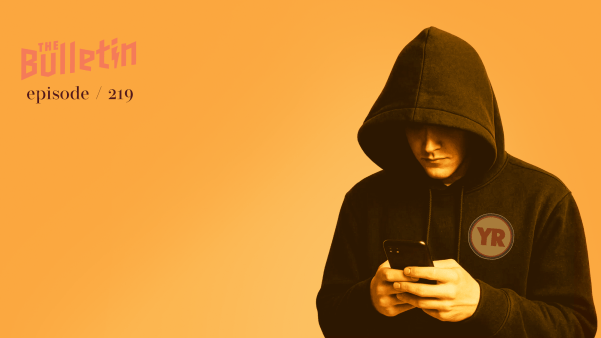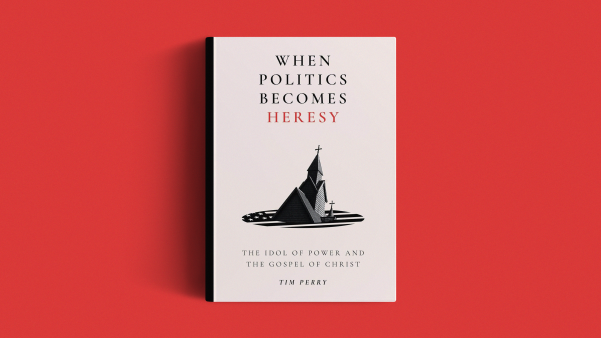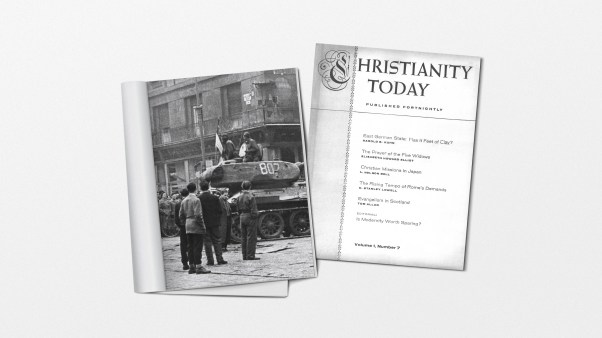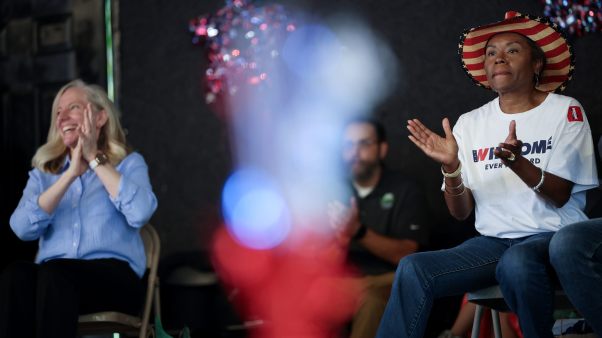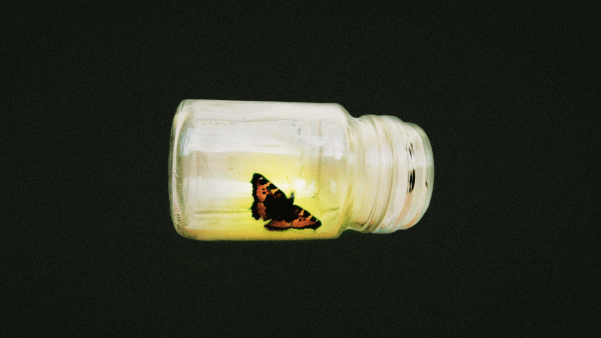Paul Kengor is associate professor of political science at Grove City College, where he specializes in the presidency and foreign policy. He has written for USA Today, The Washington Post, The Washington Times, and National Review. His book God and Ronald Reagan made the The New York Times bestseller list. His next book focuses on the faith of George W. Bush, and he is currently working on a book about Ronald Reagan’s efforts to undermine the Soviet empire.
Reagan’s mother had a profound affect on him when as a boy the family moved constantly. She also brought him to faith.
His mother, Nelle Reagan, was a wonderful, devoutly Christian woman. I’m convinced that she made a president. She’s a mom who made a president because, so much of what Reagan did that was critical to his success came from that faith that he got from his mom. That optimism Reagan needed to do what he did, came from his faith.
Reagan’s communication skills—he was the Great Communicator—Reagan first learned to speak in a church. It began there. His views on communism as well: that it was the atheism, the godlessness, of Soviet Communism that really made him angry, that made him hate the Soviet system. It wasn’t just that it was an expansionary system that robbed people of basic freedom, but that it was an atheistic system.
Reagan’s favorite book as a child had a profound affect on him. What was it, and how was it instrumental both in his faith and career?
You’ve got this little boy named Dick, and in the book’s opening scene, the first words are, “Oh, God, please take care of old Dick.” This is his mother’s final words on her deathbed. Little Dick is sitting next to his mom as she dies. Dick’s dad meanwhile is lying on the floor passed out drunk from Demon rum. What’s interesting about this is Reagan’s father, if not an alcoholic, had an alcohol problem.
Little Dick runs away from home because he says when dad wakes up and sees this, he’s really going to let me have it. He ends up becoming a homeless person, or a bum, traveling on the railroads. He comes to this run-down city called Boyd City, and he walks past a church and hears this beautiful music. His mom had taught him that he could find comfort in a church. So he walks inside and the message from there on out is a real Christian, a practical Christian would help Dick, would give Dick a job.
So this man who runs this printer shop called Udell’s gives Dick a job. And this begins a sort of rags to riches story, this Horatio Alger story to personal success. He becomes a pillar in the church, in the community, he learns to speak in the church, and pretty soon, people are saying things like, “You ought to be a congressman, Dick.” He turns the city around, and makes Boyd City a shinning city.
It’s a fabulous story. At the end of this book, That Printer of Udell’s, they send Dick off to Washington D.C. as the polished Mr. Richard Faulkner, to save the world. This 11-year-old, Ronald Reagan, puts down the book goes to his mom and says I want to be like that man. I want to be baptized. That book taught him practical Christianity. What Reagan called practical Christianity, and what the author called practical Christianity. The author, Harold Bell Wright, you and I have never heard of him, but he sold millions of those books around the turn of the century. Harold Bell Wright retired from ministry and died a rich man from all these books.
The book is 460-some pages, and it’s pretty sophisticated. I have trouble picture an 11-year-old reading it. Reagan read the whole thing, and internalized it, and it changed his life. He said I want to get baptized and I want to be like that man.
Who was Rev. Cleveland Kleihauer, and how did he encourage Reagan’s opposition to communism?
Reagan was an after-dinner speaker, and he would give this speech blasting Nazism. This has always been a problem with the left, they’re fantastic about going after racism and Nazism and fascism, but then when they come to communism, that other totalitarianism, they’re just not as tough on it. Reagan changed that speech at the suggestion of Rev. Kleihauer, and he started saying that if communism ever becomes a similar threat, he’s going to condemn it just as strongly. And he left the stage to dead silence, when typically he left to shouts and cheers. Reagan had stumbled upon that fault line of the Hollywood left naiveté to communism and in some cases even sympathy.
That was an awakening for Reagan, and he got it from a minister. His crusade begins there. Reagan’s crusade begins in a house of God when a man of God alerts him to the communist threat.
Today religion is often seen as oppressive, either in Islam or here when people refer to the “Christian Taliban.” But for Reagan religion was necessary for freedom.
That’s what he believed. He believed that God wanted people to be free. Actually, George Bush has the same belief. Bush says the exact same thing. God intended for people to be free, and he believed in those inalienable rights that John Locke, and Thomas Jefferson described: life, liberty, and happiness. Reagan believed in that. God intended people to be free. Any intrusion on those basic freedoms was unbiblical.
You didn’t have to look far to see the statements of Soviet leaders to see evidence of that. Lenin said, “we do not believe in God.” It was an atheistic empire, and what really appalled Reagan was you had these inherently religious, good Russian people who were being held captive to an ideology.
Copyright © 2004 Christianity Today. Click for reprint information.
Related Elsewhere:
More Christianity Today articles on Ronald Reagan includes:
President Reagan and the Bible | He speaks out strongly for the importance of Scripture. (June 07, 2004)
“Trust but Verify” | Ronald Reagan’s faith. (March 29, 2004)
Remembering Ronald Reagan | What Billy Graham, Jim Dobson, Pope John Paul II, and others are saying about the death of the former president—and what he said about evangelicals. (June 07, 2004)
God and Ronald Reagan is available from Christianbook.com and other book retailers.
An excerpt from the book is available from Beliefnet.
Paul Kengor also wrote an article for National Review Online about Reagan’s faith.
More on Paul Kengor is available on his web site.

